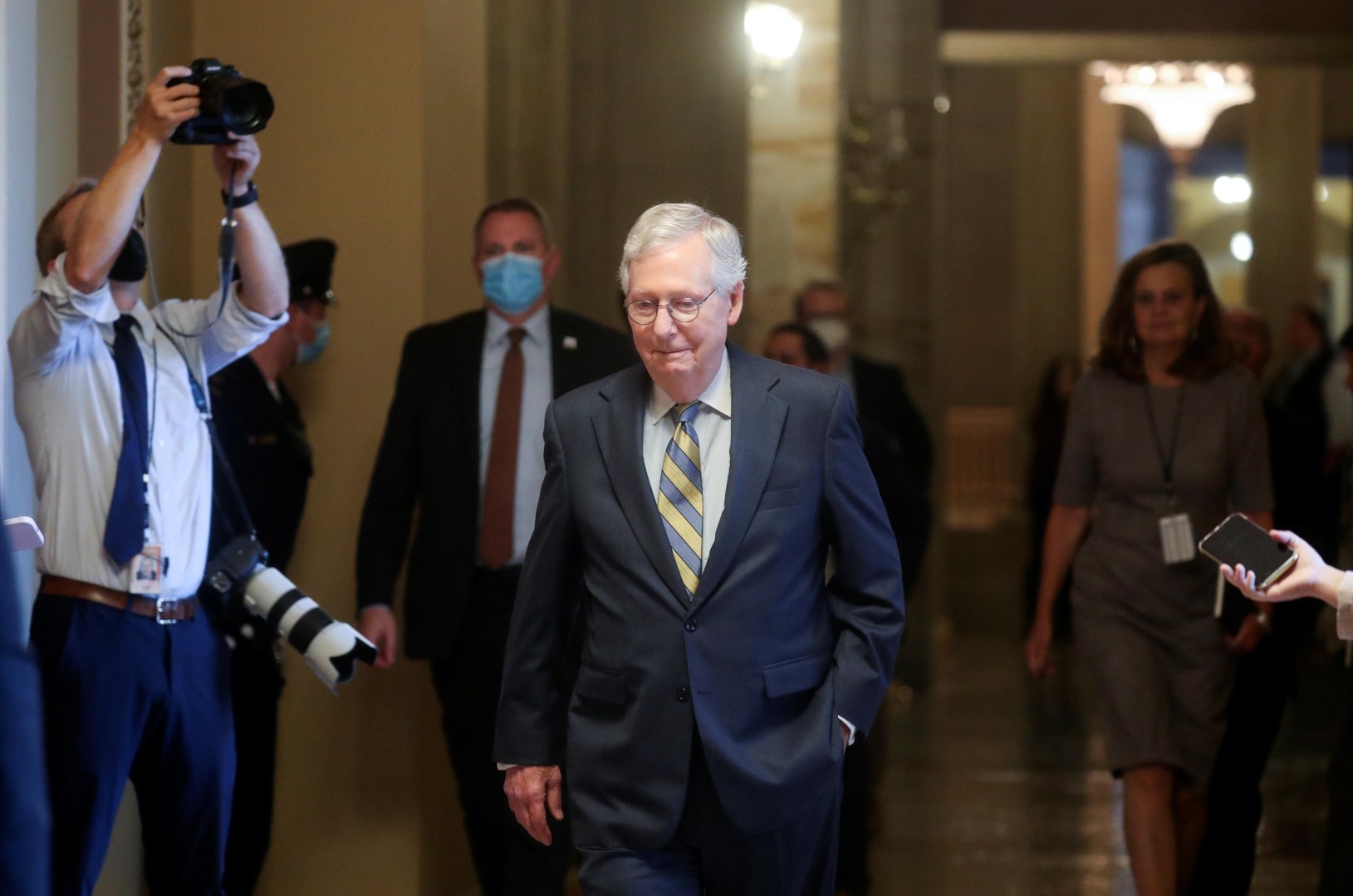
Joe Biden, U.S. President: “What does it mean for the small businesses and everyday people if we renege on the debt?”
3. SOUNDBITE (English) Jane Fraser, CEO, Citigroup: “We need to resolve this issue very quickly. Every day of delay right now comes at an increasing price, as we’ve begun to see in the markets already starting last Friday. America simply cannot default on the debt because the US Treasury market is the bedrock of our financial system domestically and globally, and defaulting is going to cause lasting damage to the credibility of the United States with investors and in financial markets around the world.”
5. SOUNDBITE (English) Jamie Dimon, CEO, JPMorgan Chase: “An actual default, an actual default, would be unprecedented. We, the things we know that it would do are very bad and it could be potentially far worse. The effects would be cascading, so day one would be bad, but the cascading effects in the ensuing weeks could go anywhere from a recession to a complete catastrophe for the global economy, and I don’t know why anyone would take a chance like that. And number five, America’s role in the world is essential. We are the bedrock, the American Treasury is the bedrock, our credibility, we’re being watched right now by our allies and unfortunately, our enemies. Our credibility is obviously essential. Trust in America and the US dollar and the financial system is critical to the world economy and eventually actually world peace. So this is a time I think we should show American competence, not American incompetence.”
7. SOUNDBITE (English) Janet Yellen, U.S. Treasury Secretary:
“This is an urgent matter. It must be resolved immediately. Treasury will exhaust its extraordinary measures if Congress has not acted to raise or suspend the debt limit by October 18th. After that point, we expect Treasury would be left with very limited cash that would be depleted quickly. And as we’ve seen in the past, and as this group knows, even delaying action can cause harm to business and consumer confidence, raise borrowing costs, disrupt financial markets and cause a downgrade of the US credit rating.”
“If Congress does not take action to raise the debt limit, Treasury’s cash balance will reach an insufficient level to pay the nation’s bills, and America would default for the first time in history, and default will call into question the full faith and credit of the United States. Our country would likely face a financial crisis, causing interest rates to rise quickly and restricting access to credit. Our fragile recovery would be thrown into reverse. We would likely experience a recession. Millions of jobs would be lost and the pain would endure well past the resolution of the crisis.”










